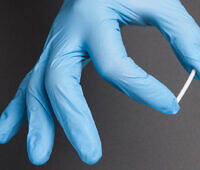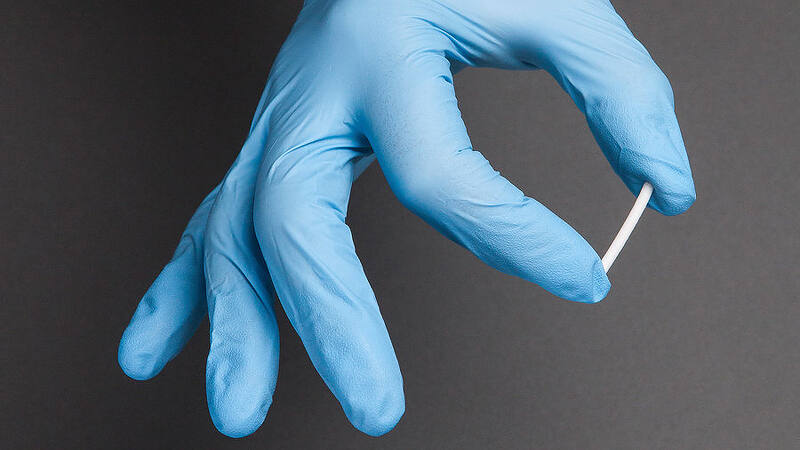
Naltrexone For Alcohol Addiction
Naltrexone implants are being considered in the UK by the NHS and private clinics in opiate addiction treatment. Such has been the success of naltrexone that doctors are hoping to use the medication in treating alcohol addictions well.
But does naltrexone help with alcohol problems? Do naltrexone implants work, and what are they?
What is Naltrexone?
Naltrexone is a synthesised medical drug that blocks the effects of opiates. This means that even if you take the drug, in this case, alcohol, you do not get the ‘reward’ feeling.
One of the main reasons for physical addiction is how alcohol affects our brains. Drinking releases chemicals in our brain. They make us feel relaxed and happy for a time.
However, if we keep drinking too much, our body adjusts, so the only way we can feel pleasure or calm is by drinking. Slowly, our physical condition and life worsen, but we need to keep drinking more and more.
By blocking the effect of alcohol on the brain’s reward centre, naltrexone breaks this relationship. The hope is removing the result of drinking will make it easier to resist.
Naltrexone is suitable after you finish alcohol detox. It must be part of a comprehensive recovery programme to benefit fully.

Naltrexone Implants
Once fitted, a naltrexone implant releases therapeutic doses of medication for approximately 6 months. Some may feel that this is enough time to solidify their recovery. Others may opt for other implants for the reassurance it provides.
Statistically, most relapses on drugs and alcohol occur within the first two years of sobriety, after which they dramatically drop. This is worth considering, especially if you have suffered multiple relapses before.
How Long Does Naltrexone Work?
If a person drinks alcohol or takes an opiate whilst they have a naltrexone implant fitted, they will not be able to get drunk or high. The urge to drink or take more drugs is reduced as naltrexone blocks the substance’s euphoric effects by working on the brain.
The implants are effective from an hour after being put in. Tablets start to work about 30 mins to an hour after you take them. They continue to work for around 12 weeks before the effects wear off.
Naltrexone or Acamprosate
There are several medications available in the UK to help with alcohol detox. The two main prescriptions are Naltrexone and Acamprosate. Both have their benefits, Acamprosate effectively increases abstinence, but studies show naltrexone has a higher rate of long-term reduction of alcohol.
It is important to remember that the results of these studies include psychological counselling in addition to medication.
Naltrexone and Therapy
Addiction cannot be cured, but it is treatable. Naltrexone is not a magical cure for alcoholism or drug addiction; it is a relapse prevention treatment. Once the alcohol or drugs are out of your system through medical detox, you must receive counselling.
There are cases of alcohol addiction for lifestyle reasons. This means you live around or are encouraged by your behaviour or environment to drink excessively.
This accounts for less than half of those with alcohol addiction. The rest are struggling with mental health problems that must heal before they can move on.
CBT and Naltrexone
There is little chance of successful recovery from taking naltrexone or any other medication without counselling.
A course of CBT (cognitive behaviour therapy) is essential if you are going to recover long-term. Addressing the reasons for your addiction will give you the chance to heal and find a new direction in life.
By undergoing an intensive drug or alcohol rehabilitation programme, you will learn proven ways of changing your thinking and managing your own emotions. They learn to be accountable for their actions and make positive changes.
Naltrexone – A Helping Hand
The first step in recovery from any substance-based addiction is abstinence, which is what naltrexone assists with. Those in recovery are far less likely to relapse with a fitted naltrexone implant. It would be pretty pointless and could even be dangerous.
Anything that helps prevent them from picking up the first drink or drug is valuable. Combining naltrexone with a solid recovery programme and therapy enables you to change and grow without the worry of relapse. It also provides reassurance for their family and loved ones.
If you or a loved one are thinking of having a naltrexone implant fitted, please ensure you use a qualified practitioner. For more information on accessing naltrexone treatment, call us and speak Detox Plus UK today.
You May Also Be Interested in
Timeline of What Happens When You Give Up Alcohol
Nutrition During Addiction Recovery
Sources:
National Institute for Health and Care Excellence
National Institute on Alcohol Abuse and Alcoholism


